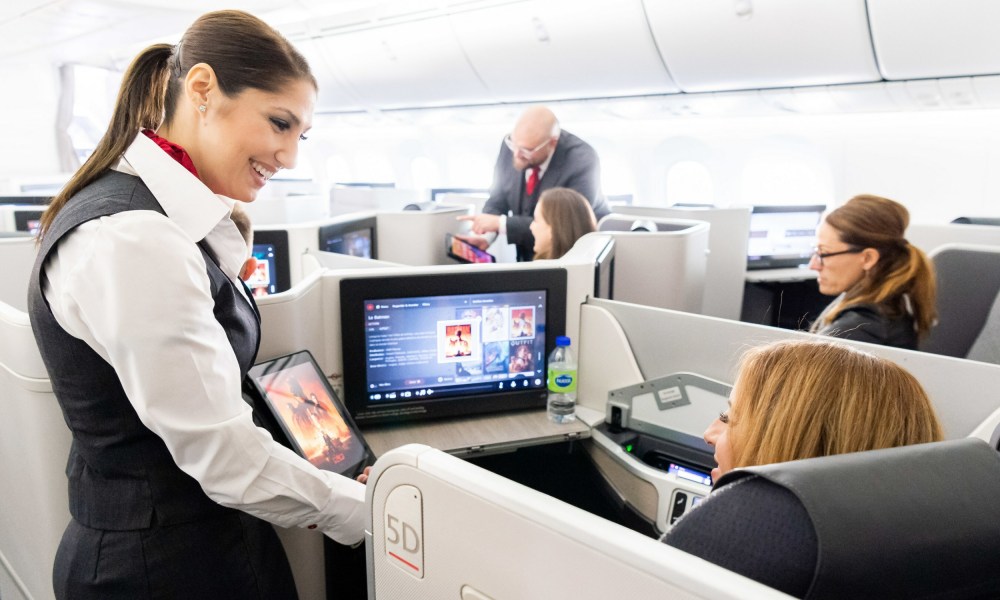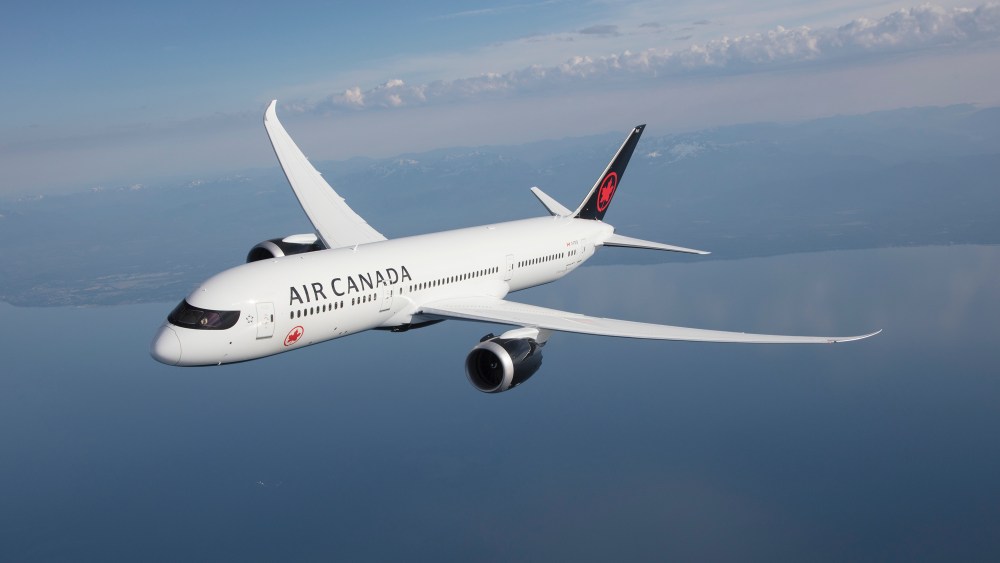In announcing the measure, the carrier also confirmed the first appointments to its new Customer Accessibility Advisory Committee, which will guide the carrier as it accelerates its three-year accessibility plan.
By choosing to wear the Sunflower lanyard, Air Canada customers can indicate to airline staff that they may require additional assistance, have specific needs, or simply require more time while travelling.
“Air Canada is the first airline in North America to adopt the Sunflower program, which will enable us to better assist and serve our customers with non-visible disabilities such as autism,” said Air Canada Vice President, Customer Experience and Operations Strategy, Tom Stevens.

“Our customers make 1.3 million accessibility requests each year and this initiative further demonstrates our commitment to improve accessibility, which we are reinforcing through the creation of a Customer Accessibility Advisory Committee.
“Consisting of customers with disabilities from accessibility groups in Canada, the committee will contribute to heightened awareness and help us identify barriers and develop solutions,” he said.
The Hidden Disabilities Sunflower is a globally recognized program that employs the use of a discreet sunflower symbol to identify customers with non-visible disabilities.

By choosing to wear the Sunflower lanyard, Air Canada customers can indicate to airline staff that they may require additional assistance, have specific needs, or simply require more time while travelling.
In support of the program, Air Canada is training and building awareness amongst all customer-facing employees to recognize and respond appropriately to participating customers.
The lanyard is available at check-in counters at Hidden Disability Sunflower member airports in Canada and on board all flights operated by Air Canada, Air Canada Rouge and Air Canada Express.